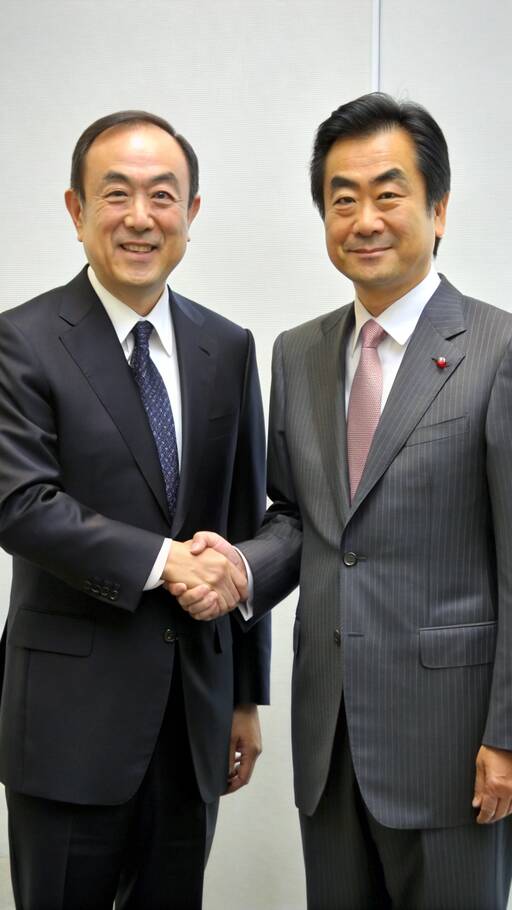
In an unexpected turn of events for 2024, Japanese automotive giants Honda and Nissan are considering a merger, as reported by The Nikkei. This move highlights the industry's dynamic shift towards electrification, a journey best undertaken with partners. This potential merger reflects the consolidation trend seen with companies like Stellantis, Hyundai-Kia, and Volkswagen Group, indicating the decreasing number of independent automakers.
Nissan and Honda currently stand as Japan's second and third-largest automakers, with Toyota leading the pack. A union between them could strengthen their electric vehicle (EV) strategies. Honda, notably trailing behind in EV development compared to its competitors, recently launched the Honda Prologue and Acura ZDX SUVs featuring General Motors technology for the North American market. It also plans to expand its EV offerings globally. On the other hand, Nissan, once a pioneer in accessible EVs with its Leaf, allowed its technology to become outdated. Despite the Leaf's affordability, its old charging system and lackluster features reduce its appeal. However, Nissan has refreshed its lineup with the Ariya electric SUV and has promised future models, including a potential small pickup.
The potential merger between Honda and Nissan is not without some precedent. In March, the two companies signed a (non-binding) Memorandum of Understanding to collaborate on EVs. Both firms have reiterated their commitment, though formal merger talks have not been confirmed. Organizational complexities could arise due to Nissan's relationships with Mitsubishi and Renault, but on paper, this merger appears promising. If realized, it would create a formidable force in the global automotive arena.
As Honda and Nissan explore the possibility of joining forces, they are on the cusp of reinforcing their positions in the electrification race, potentially transforming into a global powerhouse in the automotive landscape.